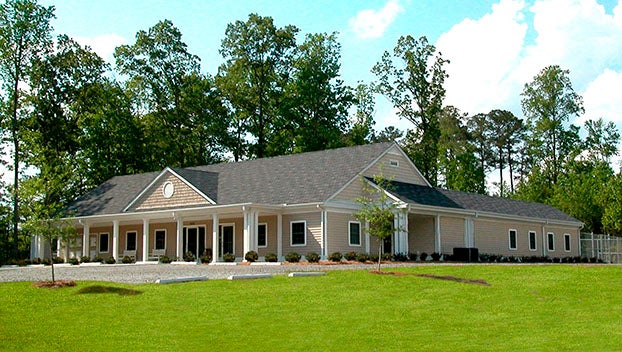Budget battle: Council facing fiscal challenges
Published 10:35 pm Friday, February 27, 2015
The NCAA has its March Madness coming up. Washington’s City Council has its own “madness” to deal with in coming weeks and months — putting together a budget for the upcoming fiscal year.
In the past weeks and month, Mayor Mac Hodges and council members have been laying the groundwork for its upcoming budget sessions. That groundwork included initiating reviews of city-imposed fees and entertaining requests for funding from outside agencies.
On Feb. 2, the council (the mayor was absent because of a death in his family) heard several outside agencies explain why they need financial support from the city. Beginning in the fall of 2014, the council began reviewing city fees to determine what, if any, changes need to be made to the fees the city charges for specific services and programs.
Several budget-related items, including council work on the budget, are scheduled in 2015, with a public hearing on the proposed budget set for May 11 and a tentative date of May 2, for budget adoption. City Manager Brian Alligood’s proposed budget is expected to be delivered to the council by April 13, when it may be viewed by the public at City Hall.
One challenge facing the council is replacing revenue it once received from the business (privilege) licenses it requires businesses to obtain. When the new city budget takes effect July 1, that source of revenue disappears.
On May 29, 2014, the Legislature passed, and Gov. Pat McCrory signed, a law that affected business (or privilege) license taxes in North Carolina. The legislation repealed the authority of a city or county to levy future privilege license taxes beginning with the 2015-2016 tax year. As a result, this is the last fiscal year the privilege license tax will be levied, however, the tax collector remains empowered to collect delinquent taxes and audit prior year taxes beyond the next year.
While the law will save businesses money, it does away with a revenue source for local governments, including the City of Washington.
During a recent City Council meeting, City Manager Brian Alligood said it would take an increase of 1.5 cents on the city’s property-tax rate to replace the revenue the city would lose when it no longer can impose business-license fees. Currently, the city’s property-tax rate is 50 cents per $100 valuation. A penny on the tax rate generates about $83,000 in revenue for the city, according to Matt Rauschenbach, the city’s assistant city manager and chief financial office.
The business-license fees used to bring in about $200,000 in revenue each year for the city, Rauschenbach noted. The amount fell to about $120,000 a few years ago after the city modified its fee schedule for business licenses, he said.
The city took in about $123,000 in such revenue during the 2013-2014 fiscal year, he noted.
The council wants to avoid increasing the city’s property tax rate. The council also wants to continue its effort to reduce the amount of money the city transfers from its electric fund to the general fund.
During a council meeting earlier this year, Councilman Doug Mercer noted that a document related to the upcoming budget called for keeping that transfer at $470,000. Mercer said he prefers that transfer be reduced to somewhere closer to the $400,000 mark.
In fiscal year 2010, that transfer was $1,174,619. The council has been working toward reducing that annual transfer for several years, with the goal of eliminating that transfer.






